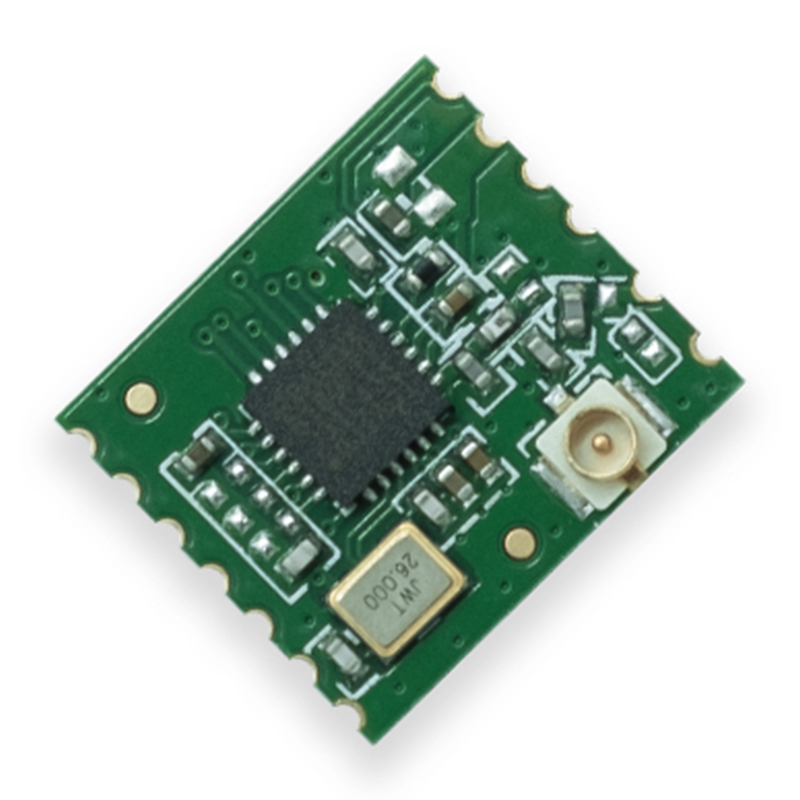The ESP8266 is a versatile and powerful microcontroller, which is often referred to as a Wi-Fi module. It was developed by Espressif Systems, a Chinese company, and is widely used in IoT (Internet of Things) applications due to its low cost and compatibility with various platforms.
A Wi-Fi module, as the name suggests, is a hardware component that enables devices to connect to wireless networks. It acts as a bridge between the device and the wireless network, allowing the device to communicate and exchange data with other connected devices or the internet.
While the ESP8266 is primarily known for its Wi-Fi capabilities, it is important to note that it is not just a Wi-Fi module. It is a powerful microcontroller with built-in Wi-Fi functionality. This means that it can perform complex tasks and execute code, in addition to connecting to Wi-Fi networks.

The ESP8266 offers several features that make it more than just a Wi-Fi module:
Due to its versatility, the ESP8266 finds applications in a wide range of projects:
Internet of Things (IoT) Devices: The ESP8266 can be used to build IoT devices like smart energy meters, door locks, and environmental monitoring systems.
In conclusion, while the ESP8266 is often referred to as a Wi-Fi module, it offers much more. It is a versatile microcontroller with built-in Wi-Fi capabilities, making it ideal for a wide range of IoT applications. Whether you are a hobbyist or a professional, the ESP8266 can be a valuable tool in your projects.
 Trolink Joint With Tuya to Make Iot Benefit Every Family
Trolink Joint With Tuya to Make Iot Benefit Every Family
 5 Key Indicators for WiFi Module Selection You Have to Know !
5 Key Indicators for WiFi Module Selection You Have to Know !
 IOT module is the brain of smart products
IOT module is the brain of smart products
 What is the signal coverage range of the WiFi module chip?
What is the signal coverage range of the WiFi module chip?